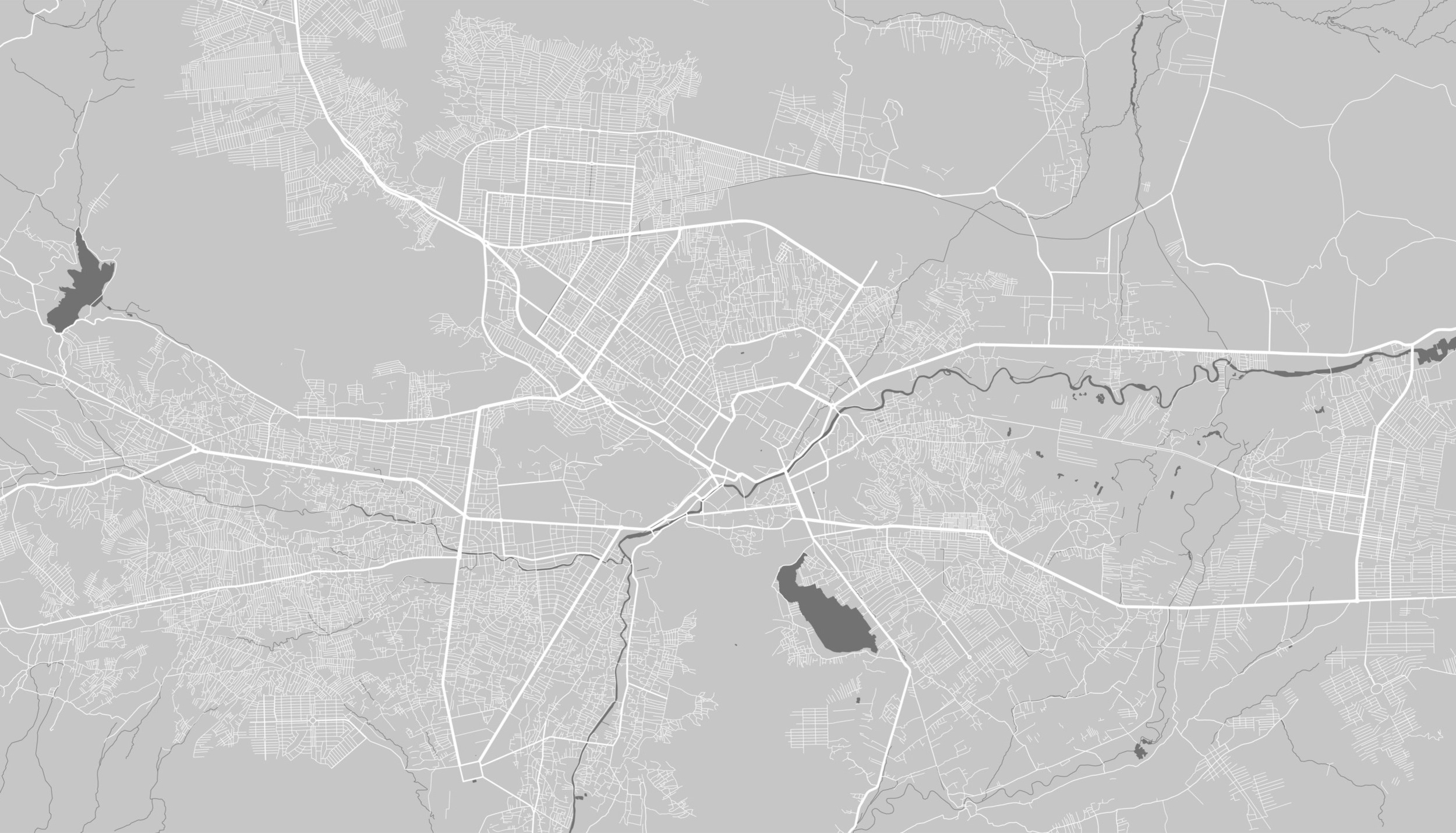Laying the Groundwork for Progress
Kabul, the bustling capital of Afghanistan, faces the challenge of rapid urbanization paired with aging infrastructure. To address this, the World Bank-funded Kabul Urban Transport Efficiency Initiative (KUTEI) launched an ambitious project to redesign how the city’s roads serve its growing population. At the heart of this effort was a consultancy assignment to develop detailed designs and tender documentation for 40 kilometers of urban roads.
The project began with detailed surveys to map and analyse the 40-kilometer road network. This included topographic mapping, geotechnical investigations, soil analysis, utility surveys, and traffic counts. These foundational steps provided a clear understanding of the terrain and infrastructure, ensuring every aspect of the design would be tailored to Kabul’s needs.
With this data in hand, the consultancy team moved into the design phase, focusing not only on engineering excellence but also on creating comprehensive tender documentation. This included precise contract drawings, technical specifications, and Bills of Quantities, all meticulously prepared to ensure smooth procurement and execution by future contractors.
The project delivered innovative and practical designs across all ten road sections, with features that included:
- Engineering and pavement design tailored to traffic loads and road characteristics.
- Hydrology and hydraulic solutions to prevent flooding and manage water flow.
- Structural design of three major bridges, 35 culverts, and retaining walls for resilience.
- Traffic management measures like signaling systems, pavement markings, and optimized traffic flows
Ensuring Community Inclusion
To align with local needs and minimize disruptions, the project involved public consultations with key stakeholders and local communities. These sessions allowed residents to share feedback and insights, which directly shaped the project’s environmental and social plans.
Beyond the designs and documentation, the project emphasized capacity building for Kabul Municipality staff. Targeted training focused on environmental and social aspects, empowering local teams to oversee the project effectively and manage future urban development initiatives.
As part of this process, Environmental and Social Management Plans (ESMPs) and Resettlement Action Plans (RAPs) were prepared for each road segment. These addressed potential impacts on properties and communities while ensuring transparent communication about mitigation measures. Four road sections underwent detailed Environmental and Social Impact Assessments (ESIA) to address higher-impact areas requiring more comprehensive solutions.
Paving the Way Forward
This assignment delivered not just a roadmap for constructing 40 kilometers of urban roads but a detailed framework for tendering, ensuring that the implementation phase could proceed seamlessly. By combining rigorous technical preparation with community engagement and capacity building, the project offers Kabul a scalable model for sustainable urban development.
